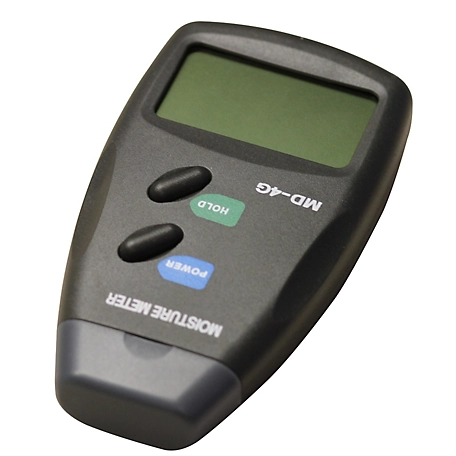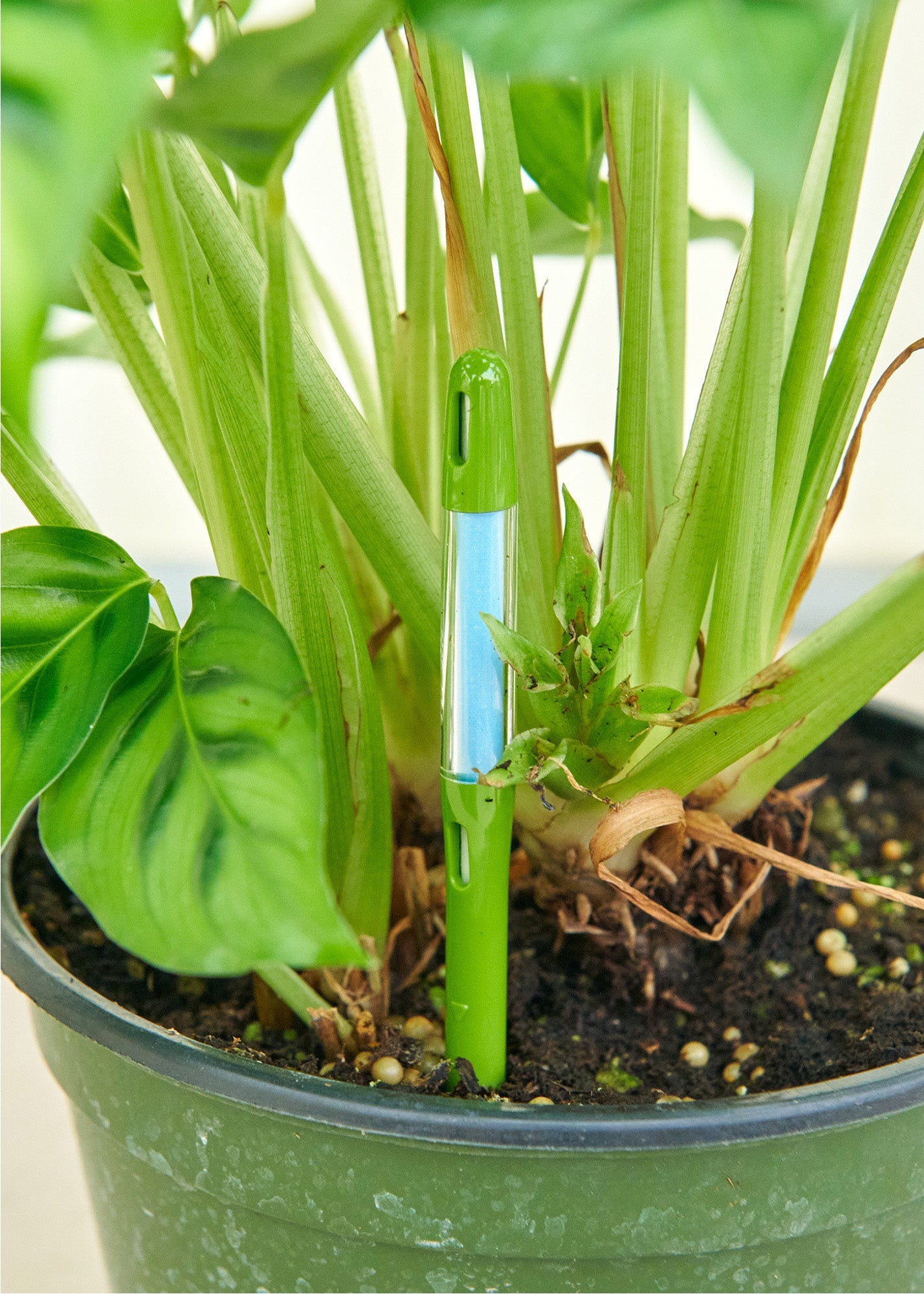The Science Behind Moisture Meters: How They Work and Why They're Vital
The Science Behind Moisture Meters: How They Work and Why They're Vital
Blog Article
The Ultimate Guide to Moisture Meters: A Comprehensive Summary and How They Can Save You Cash
In the world of building maintenance, construction, and numerous sectors, the value of precisely measuring dampness degrees can not be overstated. Wetness meters function as essential devices in identifying and checking moisture web content in materials, aiding in protecting against pricey damages and ensuring the top quality of products. Recognizing the subtleties of different kinds of dampness meters, their applications, and the potential cost-saving benefits they provide can be a game-changer for organizations and professionals alike. Finding how these tools can not only streamline procedures but additionally add to economic savings is a trip worth beginning on.
Types of Moisture Meters
Different sorts of wetness meters are readily available for different applications in numerous industries. One usual type is the pin-type wetness meter, which gauges the electrical resistance in between 2 pins placed right into a material. This type appropriates for wood, drywall, and other structure materials. Pinless wetness meters, on the various other hand, use electromagnetic sensing unit plates to scan a larger location without causing damage to the material's surface. These meters are ideal for swiftly analyzing moisture levels in huge locations such as floors and walls.
In addition, there are also specialty wetness meters created for details products like grain, soil, or hay. These meters give exact moisture readings tailored to the special homes of the product being tested. Infrared wetness meters measure the thermal homes of a material to establish its dampness web content non-invasively, making them useful for applications where pin or pinless meters may not appropriate. Understanding the different types of wetness meters offered can assist industries choose the most appropriate device for their details dampness dimension requirements.

Advantages of Utilizing Moisture Meters

Additionally, making use of wetness meters can cause raised energy performance. By recognizing locations with high dampness degrees, such as leakages or bad insulation, modifications can be made to improve power conservation and decrease energy costs. In agricultural setups, dampness meters play an essential role in optimizing crop returns by enabling farmers to monitor soil wetness degrees and make notified watering choices. In general, the benefits of utilizing wetness meters extend across different markets, supplying affordable solutions and promoting much better quality assurance techniques.
Exactly How to Select the Right Moisture Meter
Selecting the suitable dampness meter entails thinking about crucial aspects such as material compatibility, dimension range, and calibration precision. When choosing a moisture meter, it's vital to guarantee that the meter is appropriate for the specific product you will certainly be screening. Different materials have differing electric homes that can impact moisture analyses, Our site so picking a meter created for your product is important for accurate results. In addition, take into consideration the dimension series of the moisture meter. Guarantee that the meter can detect dampness levels within the range required for your applications. Calibration precision is one more critical variable to maintain in mind (Moisture Meter). Choose a moisture meter with trustworthy calibration to guarantee consistent and accurate readings. Some meters may need regular calibration adjustments, so understanding the calibration procedure is necessary. By meticulously examining these elements, you can select a moisture meter that satisfies your needs and offers precise dampness dimensions for your jobs.
Correct Techniques for Moisture Meter Use
To ensure precise wetness analyses and make best use of the effectiveness of a wetness meter, utilizing correct strategies is vital. When utilizing a pin-type dampness meter, put the pins or probes right into the material being tested up until they make full get in touch with. Make sure the pins are vertical to the surface area to obtain one of the most specific analysis. For pinless moisture meters, hold the device flat against the material and move it slowly to cover the entire location for an ordinary analysis. It's crucial to calibrate the moisture meter according to the material being tested to enhance accuracy. Take multiple readings across the surface area and average look at this site them out for an extra dependable result. Additionally, ensure that the product being examined is acclimated to the setting to avoid manipulated analyses. Routine maintenance of the moisture meter, such as cleaning the pins or sensing unit, is additionally essential to make sure accurate and regular readings. By adhering to these proper strategies, individuals can rely upon their dampness meter to supply credible moisture degrees, helping in avoiding costly damages or making sure high quality in various applications.

Cost Financial Savings Via Moisture Meter Applications
Exactly how can the critical utilization of moisture meters lead to considerable price financial savings throughout various industries? In the agriculture market, dampness meters help in determining the optimal time for harvesting crops, stopping excess or over-drying dampness that can influence the last product's quality.

Furthermore, in the food processing industry, wetness meters are vital for keeping an eye on item top quality and making certain conformity with safety and security laws. By properly gauging dampness web content in food, makers can stop wasting, preserve quality, and minimize waste, leading to considerable cost savings. Overall, the strategic application of moisture meters is a beneficial financial investment that can cause considerable expense reductions and boosted performance throughout different industries.
Conclusion
In verdict, moisture meters are useful tools for gauging and spotting wetness degrees in various products. By utilizing the best dampness meter and complying with appropriate strategies, users can properly prevent expensive problems created by excess moisture.
Wetness meters offer as essential devices in identifying and checking moisture material in materials, assisting in stopping pricey damages and ensuring the high quality of items. Infrared moisture meters determine the thermal check over here properties of a product to determine its moisture web content non-invasively, making them useful for applications where pin or pinless meters may not be appropriate.Wetness meters use invaluable advantages in accurately checking and analyzing dampness degrees in varied products and settings. In farming setups, wetness meters play a vital duty in maximizing plant yields by allowing farmers to keep track of soil moisture levels and make educated watering choices.In final thought, wetness meters are beneficial devices for finding and gauging wetness levels in various materials.
Report this page